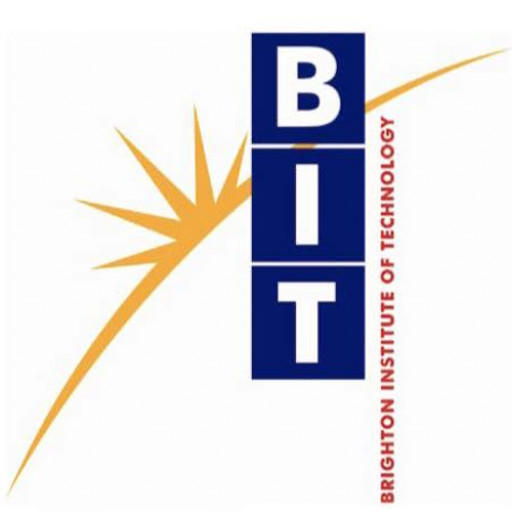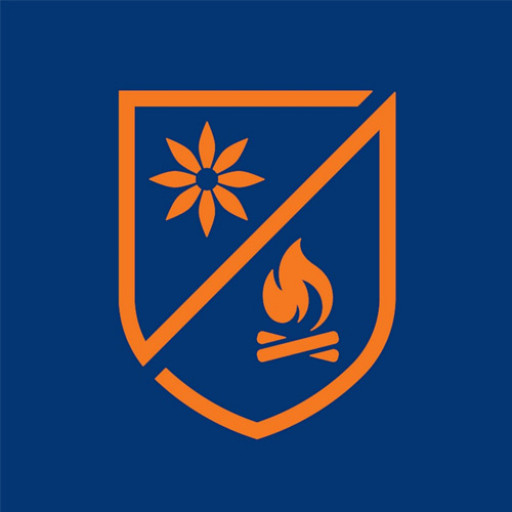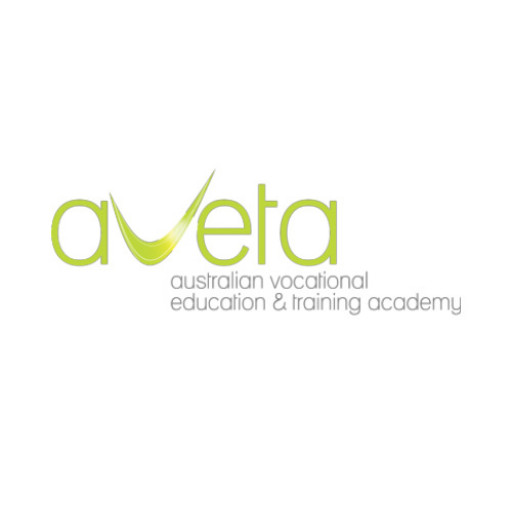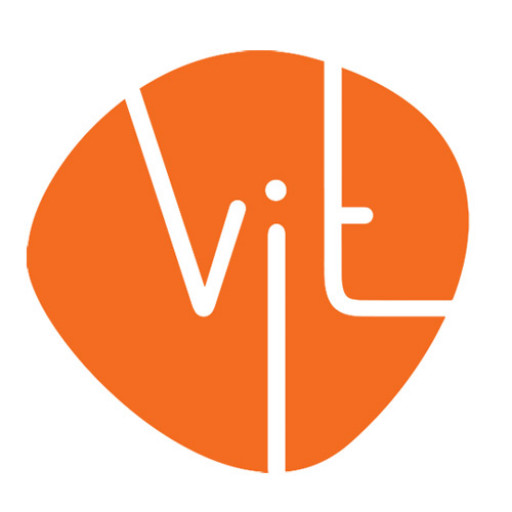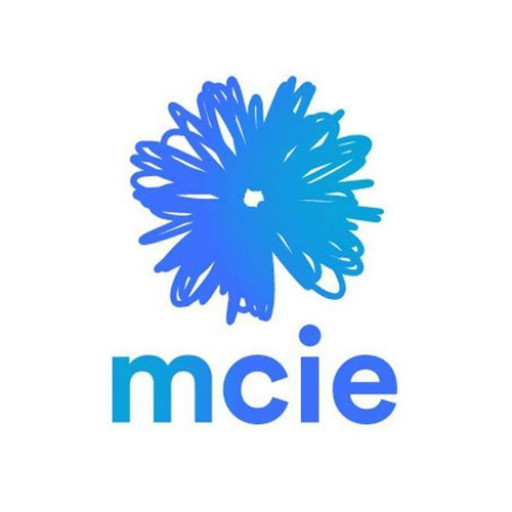Commercial Cookery at Brighton Institute of Technology offers a comprehensive training program designed to develop essential culinary skills and industry knowledge necessary for a successful career in the hospitality sector. This program covers a wide range of culinary techniques including baking, pastry arts, meat and seafood preparation, and the creation of a variety of international and local cuisines. Students will learn how to operate commercial kitchen equipment safely and efficiently, manage food safety standards, and contribute to the effective operation of a professional kitchen environment. The curriculum emphasizes practical hands-on training, enabling students to apply their skills in real-world settings and prepare for certification under industry standards. Throughout the course, students will also gain valuable insights into menu planning, cost control, and effective teamwork within a bustling kitchen. The program prepares graduates for employment in restaurants, catering companies, hotels, and other food service establishments, equipping them with the confidence and competence to pursue various roles such as line cooks, pastry chefs, and culinary assistants. By engaging with experienced instructors and industry-standard facilities, students will develop both the technical proficiency and professional attitude required to excel in the competitive culinary industry. The Commercial Cookery program at Brighton Institute of Technology aims to nurture passion and foster excellence in aspiring chefs, ensuring graduates are ready to meet the demands of today’s dynamic foodservice environment and contribute positively to their future employers.
Program Content Description for Commercial Cookery at Brighton Institute of Technology
The Commercial Cookery program at Brighton Institute of Technology is a comprehensive training course designed to equip students with essential skills and knowledge required for a successful career in the hospitality and food industry. This course covers a wide range of culinary techniques, kitchen management skills, and food safety standards, preparing graduates to work efficiently in various commercial kitchen environments, including restaurants, hotels, cafes, and catering services.
Throughout the program, students will develop practical skills in food preparation, cooking methods, and presentation. Core modules include knife skills, pastry and bakery techniques, meat and seafood handling, vegetarian and vegan cuisines, and international culinary styles. The course emphasizes hands-on training in state-of-the-art kitchen facilities, allowing students to practice under the supervision of experienced instructors.
In addition to practical cooking skills, the program focuses on developing competencies in menu design, cost control, stock management, and kitchen safety procedures. Students will learn how to operate commercial kitchen equipment, maintain hygiene standards, and implement food safety policies in accordance with industry regulations. The program also includes training in customer service, teamwork, and communication skills, preparing students for real-world work environments.
The coursework is designed to foster creativity and innovation in culinary arts, encouraging students to experiment with flavors and presentation techniques. The program also offers modules on sustainable and ethical sourcing of ingredients, emphasizing the importance of environmentally responsible practices in modern cooking.
Graduates of the Commercial Cookery program will be well-prepared to enter the workforce as professional cooks, chefs de partie, or kitchen supervisors. They will have the practical skills, industry knowledge, and confidence to excel in dynamic culinary roles and contribute effectively to their workplace. The program also provides pathways for further education and specialization in advanced culinary arts or hospitality management.
Overall, the program aims to produce competent, skilled, and industry-ready culinary professionals who are capable of meeting the demands of the competitive food industry while maintaining high standards of quality and safety.
Program requirements for the Commercial Cookery diploma at Brighton Institute of Technology typically include a combination of academic prerequisites, practical skills, language proficiency, and other criteria designed to ensure students are adequately prepared for the course. Prospective students are generally required to have completed secondary education equivalent to Australian Year 12 or equivalent. In some cases, relevant work experience in the hospitality industry may be considered as an alternative or supplementary requirement, demonstrating practical knowledge and skills in culinary arts.
Applicants must demonstrate proficiency in English, usually through an approved language test such as IELTS, with a minimum score specified by the institution—often around 5.5 to 6.0 overall. Some programs may also require proof of health and immunization to ensure compliance with safety standards within hospitality training environments.
Additionally, applicants might need to submit a personal statement or motivation letter explaining their interest in commercial cookery, along with references or recommendations that attest to their suitability for the program. Prior culinary experience, although not always mandatory, can be advantageous and may enhance the application.
For international students, compliance with student visa requirements is necessary, including providing documentation of health insurance and identity verification. The program also emphasizes attendance and punctuality as essential components of successful completion, alongside the development of both theoretical knowledge and practical skills in food preparation, hygiene, safety standards, and kitchen management.
The curriculum is structured to progressively build competencies in various cooking techniques, menu planning, ingredient sourcing, and kitchen operations, aligning with industry standards and potential employment pathways in the hospitality sector. Students are expected to participate actively in practical workshops and assessments, demonstrating their ability to work efficiently in a professional culinary environment. Overall, the program aims to prepare graduates for entry-level roles in commercial kitchens, catering services, and restaurant management, emphasizing safety, quality, and customer satisfaction in culinary practices.
The Brighton Institute of Technology offers various financing options for students enrolling in the Commercial Cookery program to support their educational pursuits. Prospective students can explore government-funded schemes such as VET Student Loans, which provide financial assistance to eligible domestic students pursuing approved vocational education and training courses. VET Student Loans help reduce the upfront cost of tuition by allowing students to defer payment until after they complete their qualification and reach a certain income threshold. Eligibility requirements must be met, including Australian or New Zealand citizenship or permanent residency status, and meeting the academic and other criteria set by the government.
In addition, students may consider scholarships or bursaries provided directly by the Brighton Institute of Technology, which may include merit-based awards, need-based assistance, or special grants aimed at supporting students in the hospitality sector. These scholarships are competitive and often require students to submit an application demonstrating academic achievement or financial need.
For students who prefer to finance their studies independently, payment plans are sometimes available, allowing installments over the duration of the course. These plans help manage cash flow and provide flexibility for students who may not qualify for government funding or bursaries.
The institute also encourages students to explore external funding options, such as bank loans designed for vocational training or workplace-based funding from employers seeking to upskill their staff. In some cases, students may leverage apprenticeship arrangements where their employer directly contributes to their training costs, with potential government subsidies or incentives.
International students should verify their eligibility for financial support independently, as government assistance programs differ for non-citizens. They often need to rely on personal savings, family support, or private loans. The Brighton Institute of Technology provides guidance and resources to help international students understand their options.
Overall, the institution emphasizes transparent communication about costs and available financial assistance to ensure students can undertake their Commercial Cookery studies without undue financial hardship. The program's affordable fee structure, combined with available government and institutional support, aims to make vocational education accessible and achievable for a diverse student body.
Commercial Cookery at Brighton Institute of Technology offers students a comprehensive education in the skills and knowledge required to pursue a career in the culinary industry. The program is designed to provide practical experience alongside theoretical understanding, enabling graduates to excel in various culinary environments such as restaurants, hotels, and catering services. The curriculum covers essential areas including food preparation, cooking techniques, kitchen safety, hygiene standards, menu planning, and kitchen management. Students will learn to prepare a variety of dishes spanning different cuisines, with a focus on both traditional and modern culinary practices.
Throughout the program, students have the opportunity to develop their skills through hands-on training in well-equipped kitchens, simulating real-world kitchen operations. The coursework emphasizes the importance of teamwork, time management, and attention to detail, all critical qualities for success in the culinary arts. Additionally, the program may include units on food presentation, customer service, and sustainable cooking practices, preparing students to meet industry standards and adapt to evolving culinary trends.
The program is suitable for individuals aspiring to work as chefs, cookery instructors, or culinary managers. It often incorporates industry placement or internships, allowing students to gain valuable work experience and make professional connections within the hospitality sector. Upon completion, graduates are equipped with the practical skills and confidence necessary to start their careers in a competitive industry or to pursue further studies in culinary arts.
Brighton Institute of Technology emphasizes small class sizes and personalized instruction, which ensures that students receive individual attention and mentoring. The program adheres to national education standards, incorporating both theoretical knowledge and practical skills that meet industry requirements. Furthermore, the institute fosters a supportive learning environment, encouraging creativity, innovation, and professional growth.
Career pathways after completing Commercial Cookery include positions such as line cook, sous chef, pastry chef, kitchen supervisor, or chef de partie. Graduates may also choose to specialize further in various cuisines or advanced culinary techniques through additional training and certification. The program aims to prepare students not only for employment but also for continued career advancement in the vibrant and dynamic hospitality industry.
